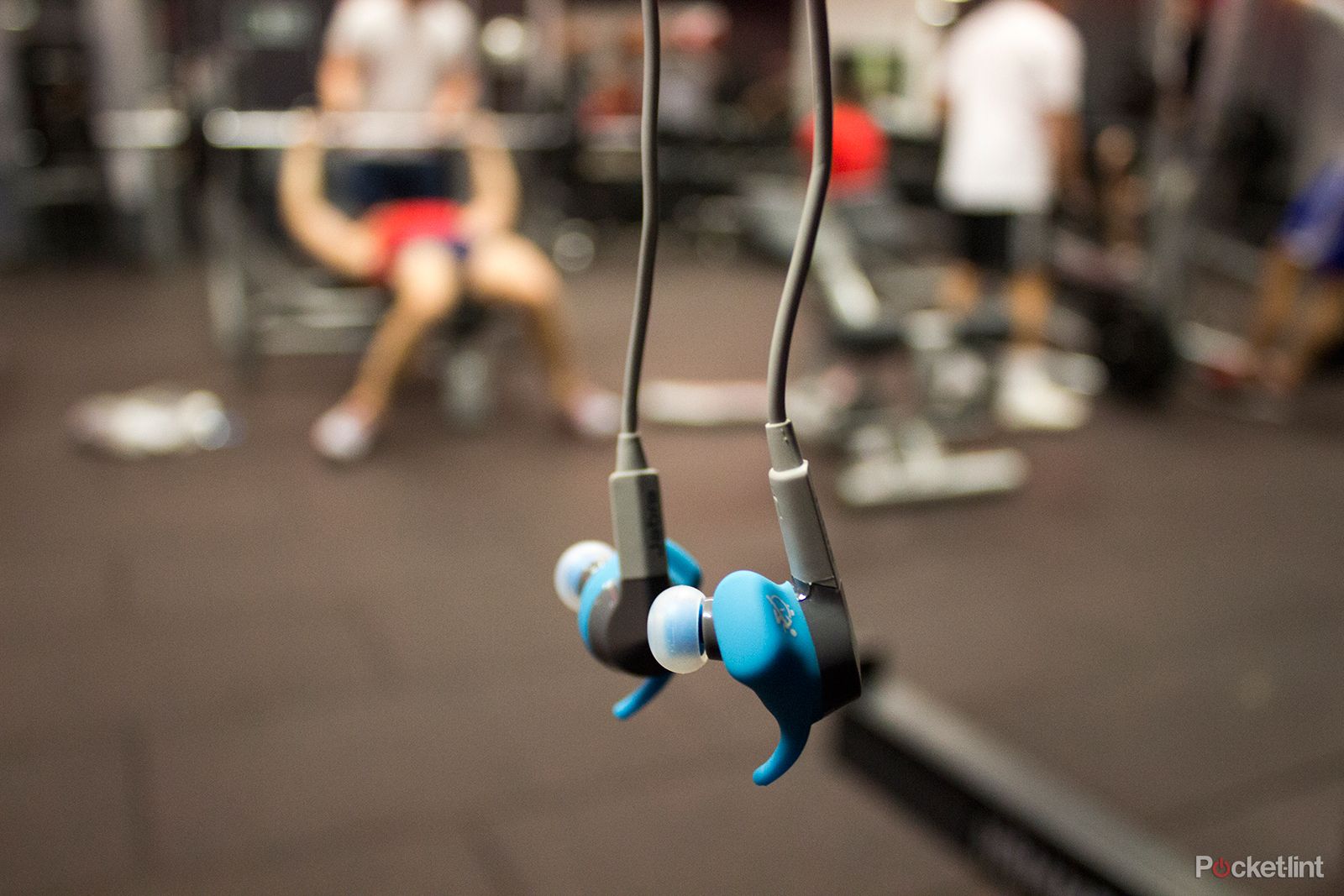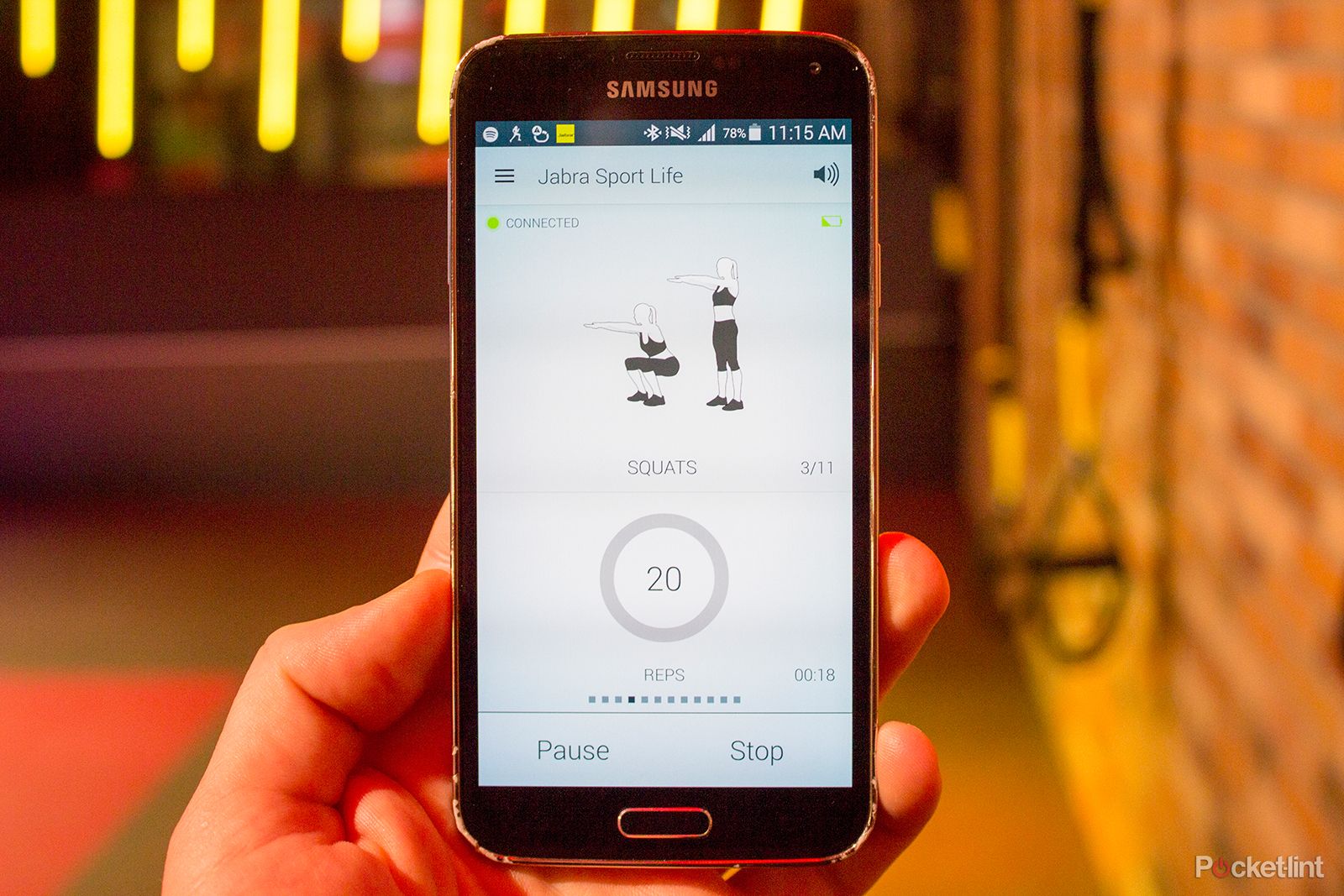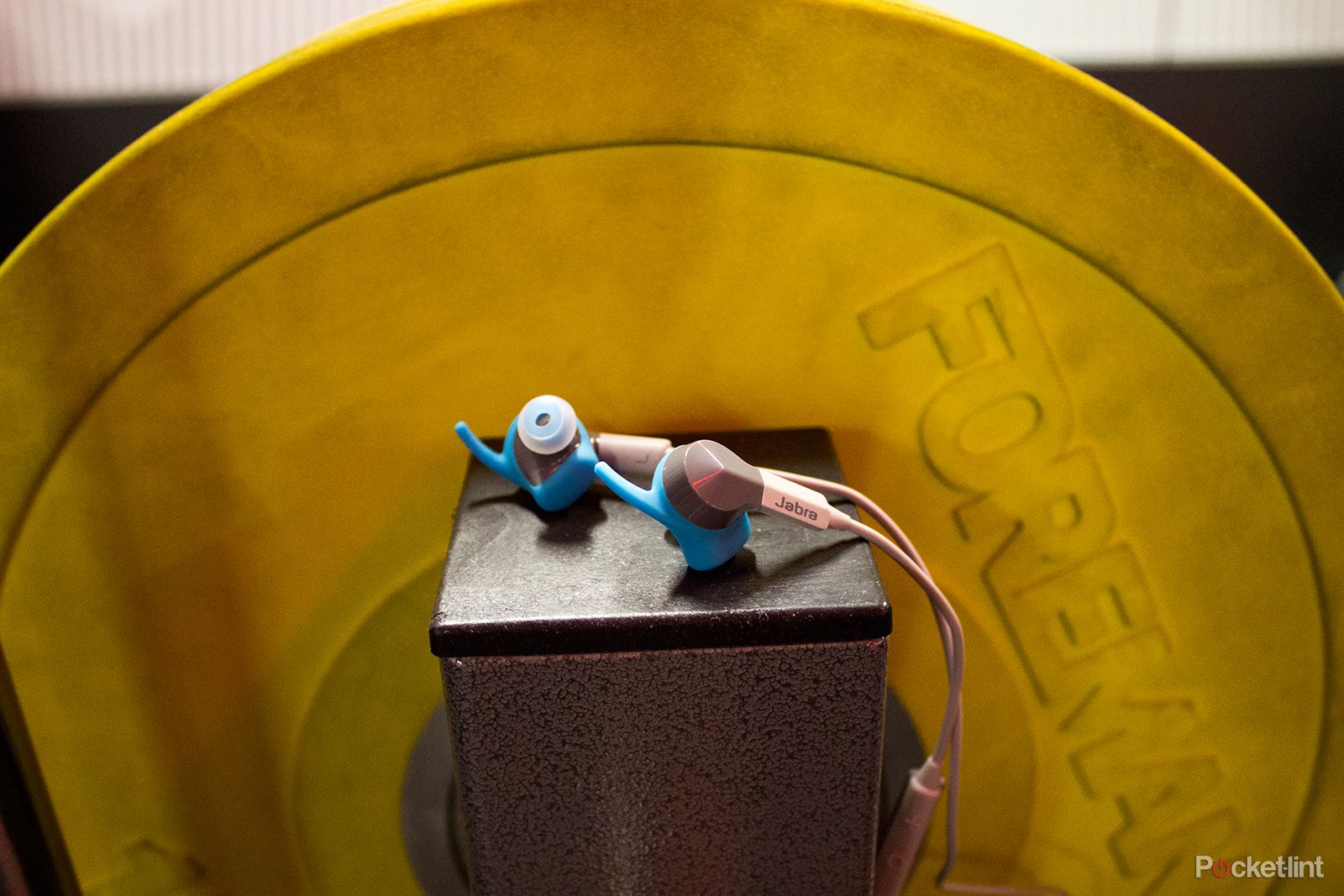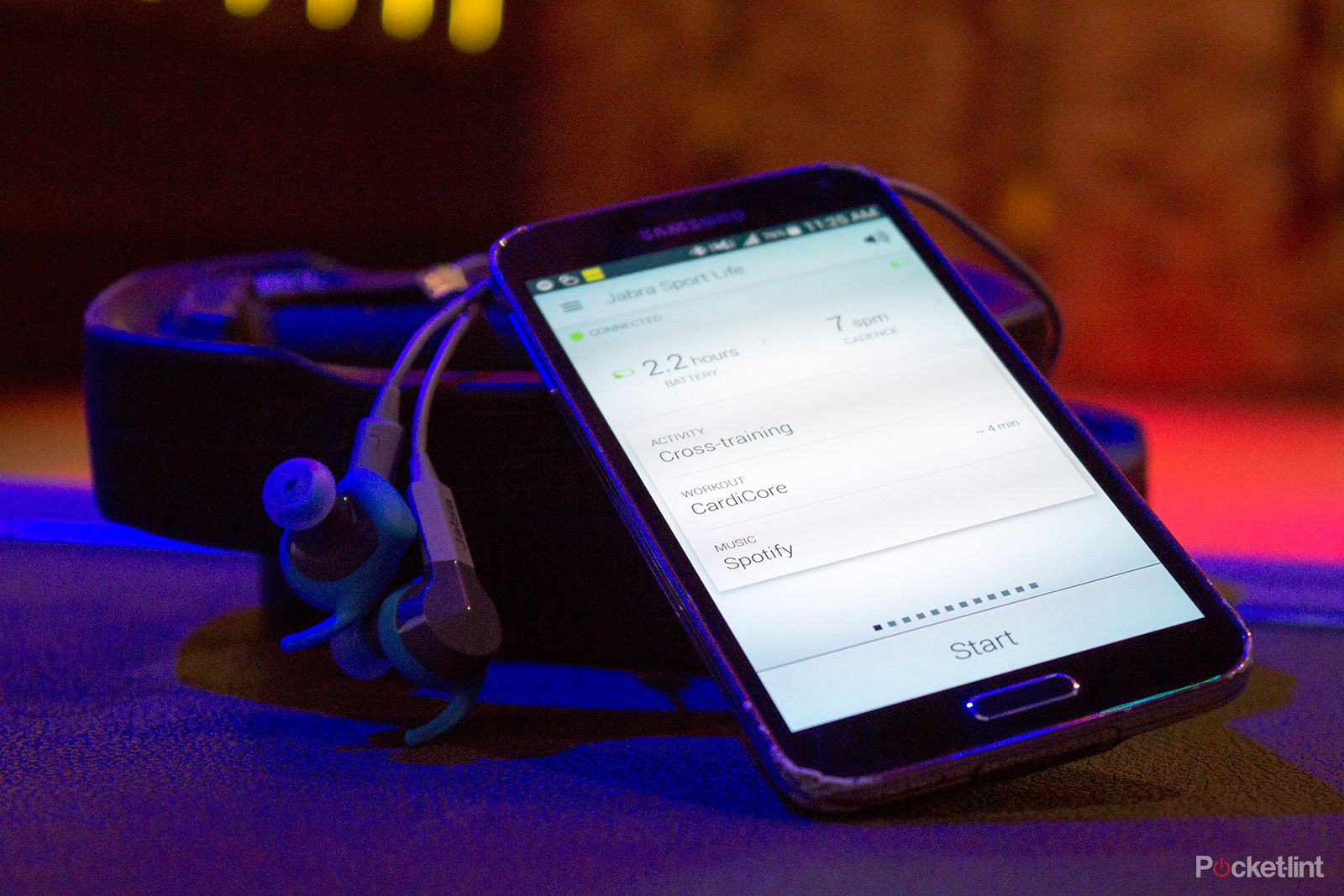Jabra has unveiled its latest sports wireless earbuds, the Sport Coach. This is the follow-up to the Sport Pulse which impressed the tech world last year.
The new in-ears don't feature the heart rate monitor of the Pulse which drops the price considerably. What they do manage is a more accurate training measurement for movements. Combined with an updated app these are built to help you cross train in the gym.
But by saving money on lack of heart rate monitor, do you get enough to still be classed as an accurate training partner?
We took a cross training class with the Jabra Sport Coach to see just how well this offering works.
The new Sport Life app
The new Jabra Sport Life app has been updated to not only track sports like running and cycling but to also work for cross-training.
Cross-training is a pretty broad term that usually encapsulates various movements like press ups, burpees, kettle bell swings and the like. For this, the app has a huge list of possibles. There are pre-set workouts as well as the ability to make your own. We tried the ominously named Madcore.
Once a workout is selected, and music chosen from your player of choice – we chose Spotify – you hit start. The headphones have upgraded accelerometers and gyroscopes so tracking is more accurate than the Pulse, claims Jabra. The result is a voice that tells you what to do, matched by pictures of the movement on your phone.
You either do a set number of reps or keep going for a set time. On the time sets the app jumps to the next automatically. For the set number of reps you need to manually tap the earpiece to show you're done. Yup, it doesn't track movements.
What's in a movement tracker?
In all honesty, after the Pulse, we had high hopes for Jabra and were left a little deflated. The app, essentially, offers the training. This is free and can be downloaded by anyone and used with any headphones. There is no movement tracking from the headphones in terms of reps.
So if you do 10 press-ups it has no clue, you still have to tap the ear button to move to the next exercise. While that's more convenient than most apps on phones, there are wearables, like the Apple Watch, which has apps that can do this too.
When using the Pulse you get real-time feedback based on your heart rate. This lets you know if you're hitting the right training zones as you workout. Since the Coach can't track movements it isn't able to tell if you're doing your various reps correctly. So it's not a full coach, as such, but more of a guide to keep your timings on track and to remind you when your next set.
We have to say switching off and not thinking about the next set until it arrives is a nice way to workout. Also the timer warning you that a change of set is coming up – for the timed ones at least – is helpful for preparation. But there isn't a warning for exactly what the next set is, meaning you have to quickly get into after seeing it on screen, if there's no rest in between. So, that feeling of forgetting what's next isn't always possible since you may need to remember so you're set to jump into that next set as soon as the timer kicks in.
This could easily be changed in the app to verbally tell you whats coming next as the timer warning kicks-in. Perhaps the screen could even change early to show you how the next workout looks.
So why spend the money?
Jabra does make really, really good Bluetooth headphones. The money for this reduced price Sport Coach is worth it for the headphones alone.
But you also get more for your money. The step counter is really accurate, meaning it can offer a great feedback for your runs, say, when combined with your phone's GPS.
Also new to the app is the Cooper Test. This is a general measure of fitness that judges you based on how far you can run in 12-minutes. By doing this once a week, say, you'll be able to actively see how well you're improving with training.
First impressions
As a pair of Bluetooth headphones the Sport Coach are great, offering an amazing fit that Jabra is famous for as well as water and shock proofing.
The app offers a fun way to train and plan workouts and, with your phone, a way to track fitness while running.
Unfortunately the enhanced movement tracking that Sport Coach offers over Sport Pulse doesn't result in direct feedback. While the app is good, but also needs a few tweaks, the earphones don't add much to the experience.
We'd still go with the Jabra Sport Pulse, which offers training feedback based on your efforts. But the Pulse is £190 where the Sport Coach is £120.
If you don't own sporty Bluetooth headphones, and don't want heart rate feedback the Sport Coach is great. If you want more the Sport Pulse might be for you.
READ: Jabra Pulse review: Heart-rate monitor earphones put a virtual personal trainer in your ears




